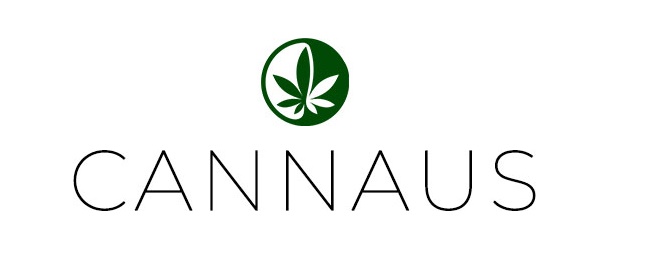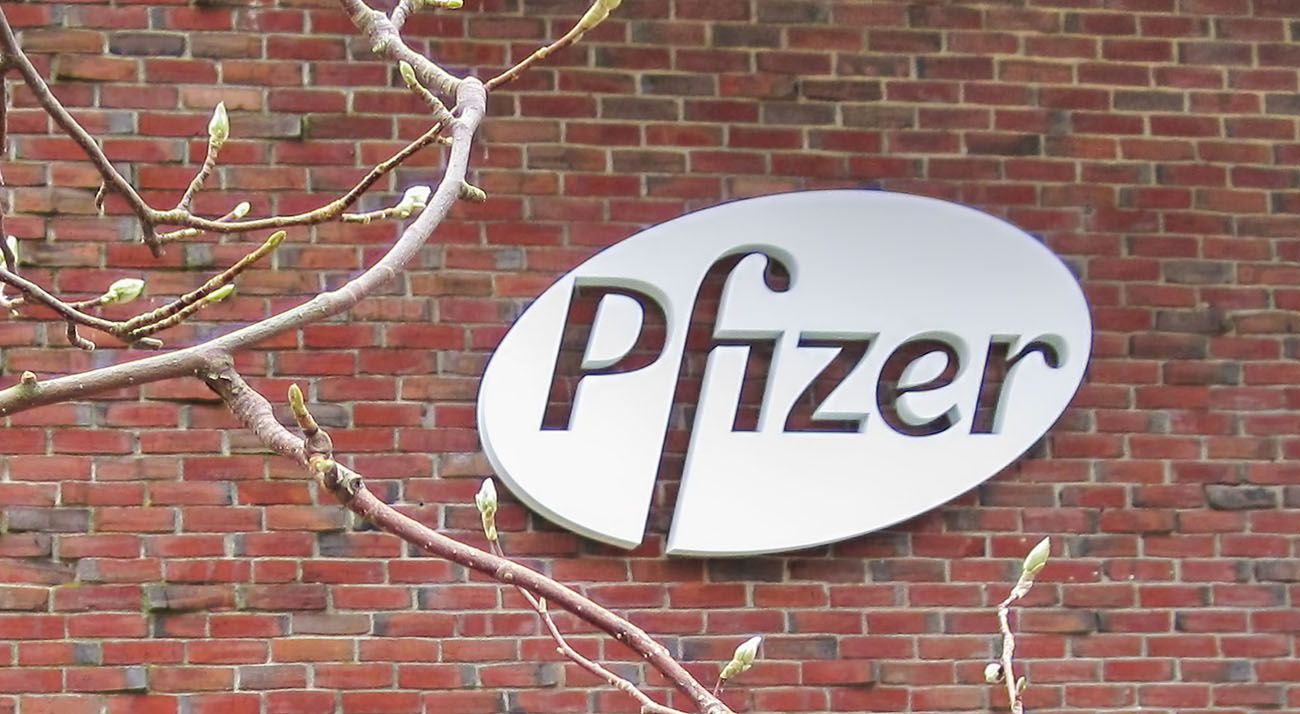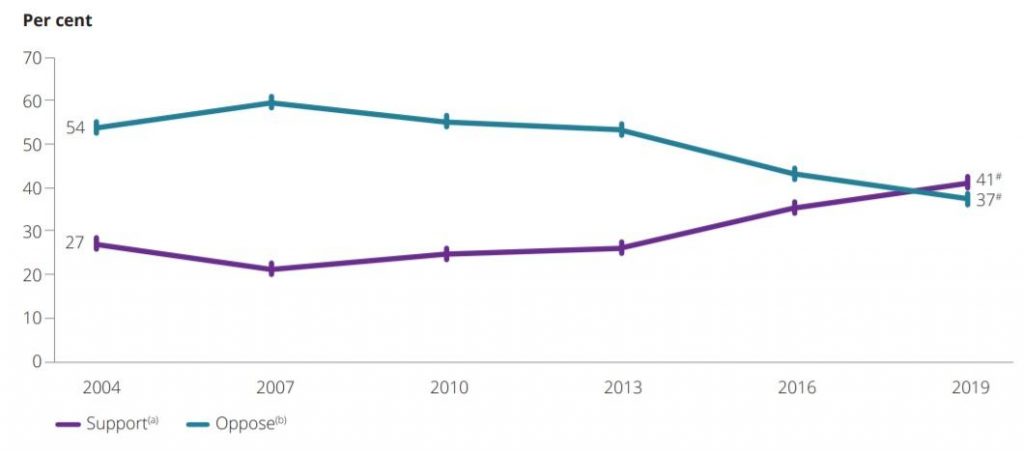From 2008 to 2016, the world’s second largest drug company and one of the most aggressive opioid marketers, produced reports that influenced the Australian government to publish fabricated and misleading cannabis information.
It all started with the formation of the National Cannabis Prevention and Information Centre (NCPIC), which formed in a direct response to a report released by Pfizer, titled the Australia Health Report.
The report came to a number of findings:
- Three-in-four Australians feel cannabis use is dangerous or very dangerous
- 60 percent of Australians think it sometimes leads to other drug use
- There is a large cannabis growing industry in Australia
These conclusions almost completely contradicted the research released by the independent Australian National Task Force on Cannabis (NTFC) in 1994, which found that criminal penalties did not affect the rate of cannabis use and 96 percent of cannabis users did not go on to try other illicit drugs.
Despite the more than a decade old report, the NPIC worked together with Pfizer and the National Drug and Alcohol Research Centre (NDARC) to help “educate” the Australian public on cannabis.
This educating of the Australian public went on for 10 years, until the government finally stopped it’s $3 million per year of funding in 2016. A spokesperson from the Department of Health explained the reasoning behind the cut in funding:
In particular, consultations and information gathering over the past 18 months has identified a change in policy context and priorities, including the release of the National Ice Action Strategy.
Basically the government thought ice was a far more dangerous drug (it is) to Australia and shifted funding to reduce its use.
Even with the the NCPIC being accused of publishing fabricated and misleading cannabis information, the centre’s director, Jan Copeland, stood behind the research. Stating the “organisation’s research was internationally recognised”.
So after 10 years of education and spending up to $30 million of taxpayer’s money, how effective was the NCPIC in convincing Australia’s that cannabis is a dangerous drug? It wasn’t.
The National Drug Household Survey, conducted every three years, tracks the percentage of Australians who support legalising recreational cannabis. And for the first time in its history, it reported that in 2019 more Australians wanted it legal than kept in prohibition.
Copeland currently runs CannabisSupport.com.au and is active on Twitter, sharing a range of useful information.
A wide variety of cannabis information is still live on the website, with one blog post titled “5 outrageous claims about weed”. According to Copeland, one of those outrageous claims is that “cannabis is less harmful than alcohol or heroin or ice”.
That’s a cold hard truth in our books.









